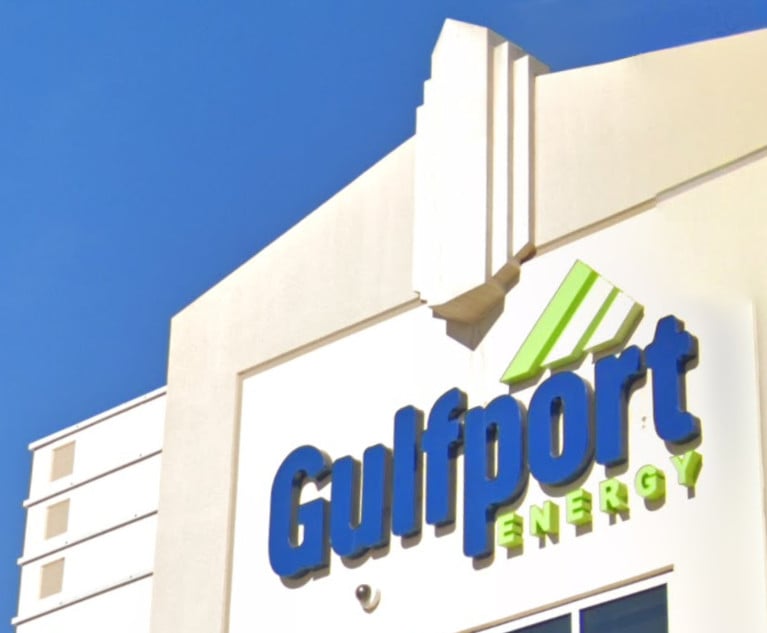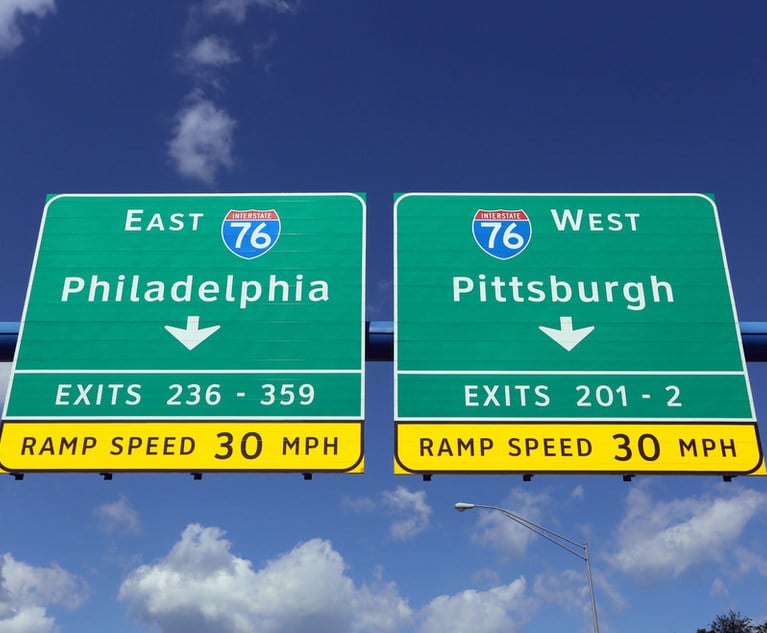On Oct. 3, Gov. Tom Wolf issued Executive Order 2019-07 signifying his intention for Pennsylvania to join the Regional Greenhouse Gas Initiative (RGGI). The order instructs the Pennsylvania Department of Environmental Protection to “develop and present to the Pennsylvania Environmental Quality Board a proposed rulemaking package to abate, control or limit carbon dioxide emissions from fossil-fuel-fired electric power generators,” by no later than July 31, 2020. The order directs the proposed rulemaking to be “sufficiently consistent with the Regional Greenhouse Gas Initiative (RGGI) model rule,” such that allowances may be traded with holders of allowances from other RGGI states. Under the order, the DEP must also conduct a “robust public outreach process” ensuring the program results in reduced emissions, economic gains, and consumer savings, and must consult with PJM, the regional transmission organization that coordinates the movement of wholesale electricity within Pennsylvania and 12 other states, to promote the integration of the program.
What Is RGGI?
RGGI is the country’s first regional, market-based cap and trade program designed to reduce carbon dioxide emissions from power plants. The program was created through a memorandum of understanding (MOU) signed by the governors of Connecticut, Delaware, Maine, New Hampshire, New Jersey, New York and Vermont on Dec. 20, 2005. The MOU committed the signatory states to propose a carbon dioxide budget trading program for legislative and regulatory approval, by setting the initial base annual emissions cap for each state and providing that each state’s annual allocation would decline by 2.5% each year after 2015.


 Kevin Garber and Hannah Baldwin of Babst Calland Clements & Zomnir
Kevin Garber and Hannah Baldwin of Babst Calland Clements & Zomnir




